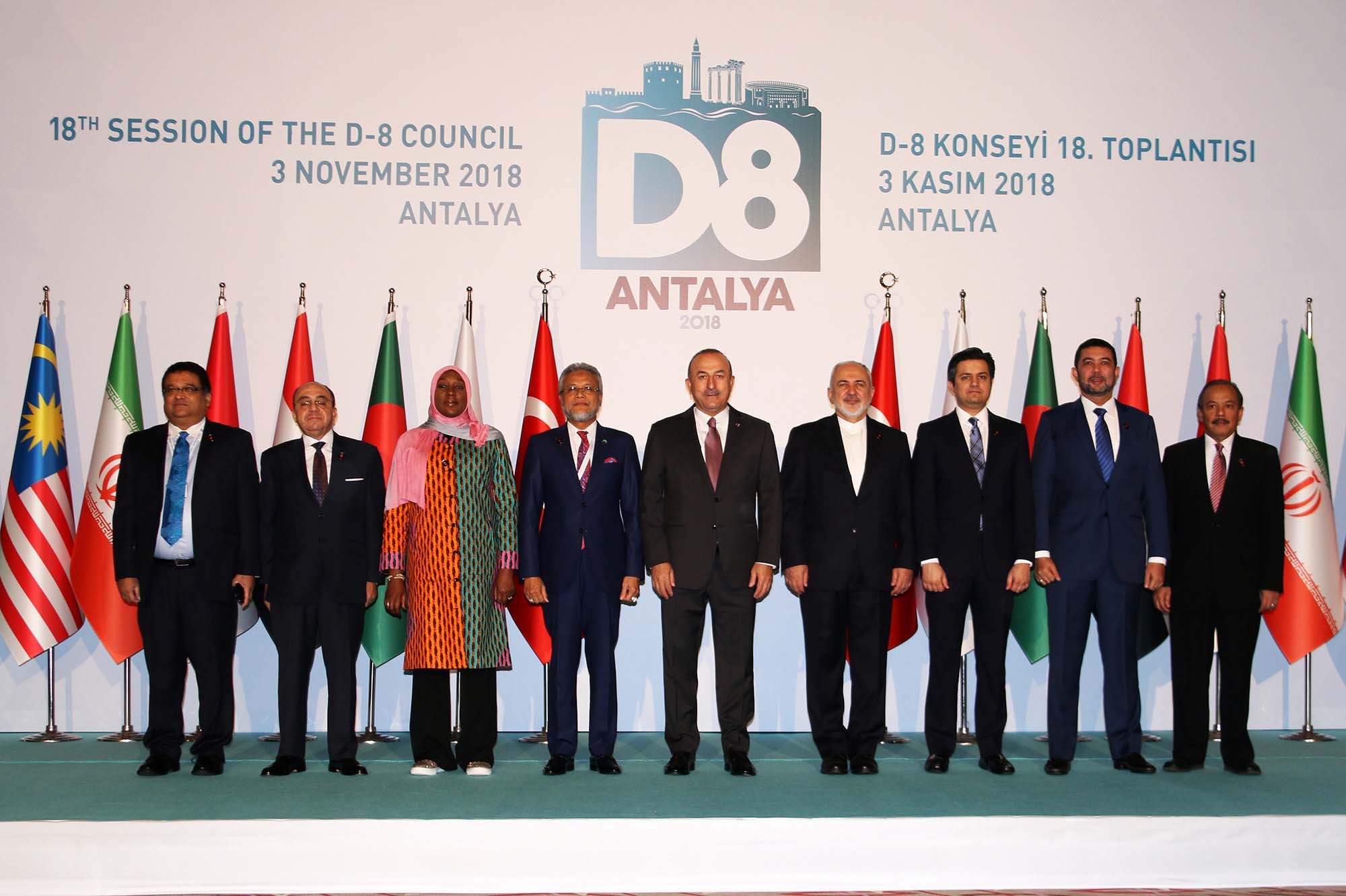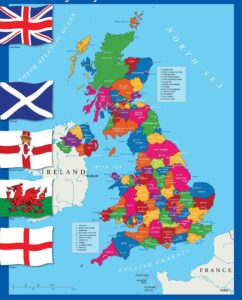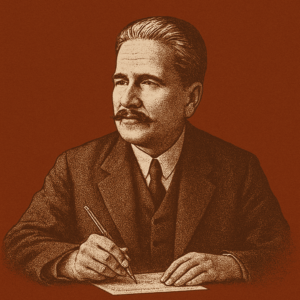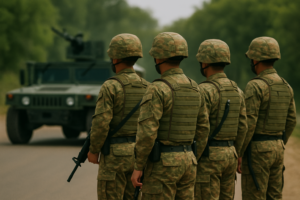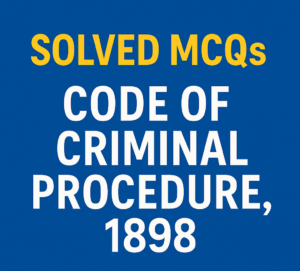D-8 Organization for Economic Cooperation is an organization for economic cooperation among the following countries: Bangladesh, Egypt, Indonesia, Iran, Malaysia, Nigeria, Pakistan and Turkiye.
The establishment of D-8 Organization for Economic Cooperation was announced officially through the Istanbul Declaration of Summit of Heads of State/Government on June 15, 1997.
The idea of cooperation among major Muslim developing countries was mooted by Prof. Dr. Necmettin Erbakan, the then Prime Minister of the Republic of Turkiye, during a Seminar on “Cooperation in Development” which was held in Istanbul in October 1996. The group envisioned cooperation among countries stretching from South East Asia to Africa. Representatives from Bangladesh, Egypt, Indonesia, Iran, Malaysia, Nigeria and Pakistan attended the Seminar. This conference was the first step towards the establishment of D-8 Organization for Economic Cooperation.
The objectives of D-8 Organization for Economic Cooperation are to improve member states’ position in the global economy, diversify and create new opportunities in trade relations, enhance participation in decision-making at international level, and improve standards of living.
D-8 Organization for Economic Cooperation is a global arrangement rather than a regional one, as the composition of its members reflects. D-8 Organization for Economic Cooperation is a forum with no adverse impact on bilateral and multi-lateral commitments of the member countries.
The D-8 Organization for Economic Cooperation, also known simply as D-8, is a multilateral group established to promote economic cooperation and development among eight predominantly Muslim-majority countries.
The primary goal of the D-8 is to enhance trade and economic cooperation among member states. By reducing trade barriers and increasing trade volume, member countries aim to boost their economic growth. The member countries—Bangladesh, Egypt, Indonesia, Iran, Malaysia, Nigeria, Pakistan, and Turkey—have diverse economies, ranging from agriculture to manufacturing and services. This diversity allows for a wide range of collaborative opportunities and mutual economic benefits.
Besides, D-8 focuses on industrial cooperation to foster technological and scientific advancements. Member countries collaborate on various projects that promote industrial development and modernization.
Also, the organization provides a platform for knowledge sharing, technological innovation, and expertise exchange, which helps in addressing common developmental challenges.
In addition to that, D-8 helps strengthen political and diplomatic ties among member states. Enhanced cooperation can lead to more cohesive positions on international issues and a stronger collective voice in global forums. The organization exemplifies South-South cooperation, promoting solidarity and partnership among developing countries in the Global South.
By fostering cultural exchanges and people-to-people contact, the D-8 aims to promote better understanding and goodwill among the populations of member states. There are also initiatives for educational cooperation, including student exchanges and joint research programs.
Collectively, the D-8 countries represent a significant market with substantial economic potential. Cooperation can enhance their collective bargaining power in international trade negotiations and economic forums.
Overall, the D-8 Organization for Economic Cooperation holds significant potential for enhancing economic, political, and social ties among its member countries, contributing to their collective development and positioning them more robustly in the global landscape.
📍 English Language Educator | Blogger & Content Strategist | 7+ Years in Educational Blogging
Nosheen Bashir is a dedicated English teacher and experienced blogger with over seven years of expertise in content creation and educational writing. Passionate about language, literature, and effective communication, she combines her teaching experience with blogging skills to create insightful, research-backed content that helps learners and educators alike.
🔹 Expertise & Achievements:
✔ English Language Education: A skilled educator with years of experience in teaching English grammar, literature, and communication skills to students of varying levels.
✔ Educational Blogging: Running a successful blog for 7+ years, delivering well-structured, engaging content on language learning, writing techniques, and academic success.
✔ SEO & Content Strategy: Specializes in creating high-ranking, authoritative articles that follow Google’s EEAT principles, ensuring content that is both informative and search-friendly.
✔ Student-Centric Approach: Committed to making English easier, engaging, and accessible, helping readers and students improve their language proficiency.
🚀 With a passion for teaching and writing, Nosheen Bashir is dedicated to crafting educational content that empowers students, teachers, and language enthusiasts worldwide.

